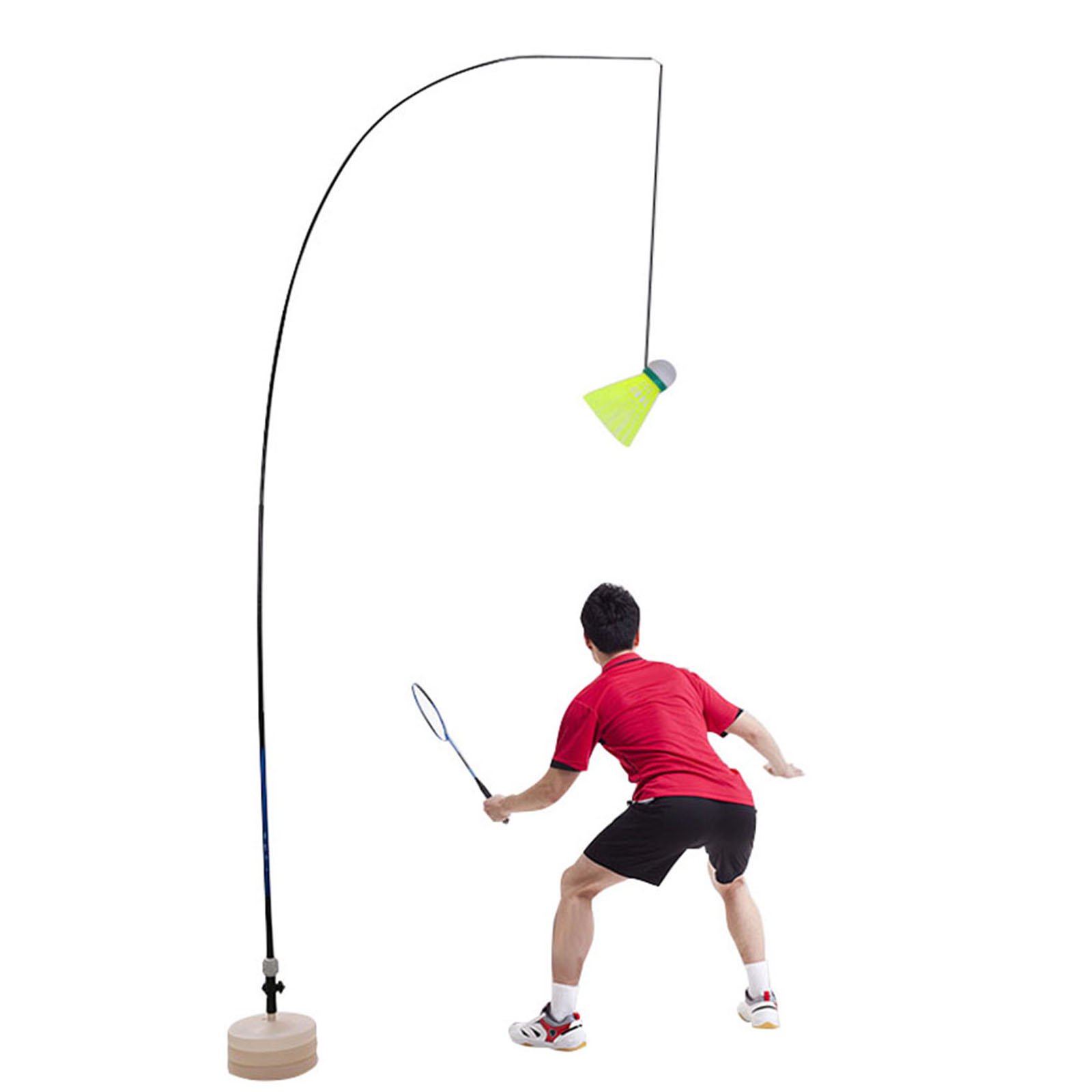
If you have been kicked in the stomach, you may be wondering what to do and what the symptoms are. This article will provide information about the symptoms and causes of stomach injuries. You may need to visit the hospital to have a CT scan and other tests performed.
Signs
Symptoms of kicked in the stomach injury can range from mild discomfort to a life-threatening condition. Some injuries can cause bleeding from the abdominal cavity. In the worst cases, the person may have to undergo cardiopulmonary resuscitation or even suffer shock. First, seek medical attention immediately if you suspect that someone near you has been kicked in their stomach.
Abdominal injuries, which can lead to injury to internal organs, are especially serious. There are three main areas that can be damaged: the liver (spleen), pancreas and liver. A bowel injury can cause bleeding and infection within the abdominal cavity. A bowel injury can also lead to bleeding in the genital areas, which can result in shock and internal bleeding. A kick in the stomach injury can be treated by allowing the patient to lie on one side and drawing up the knees to relieve pressure.

Many different types of accidents can cause abdominal injuries. They can range in severity and duration. Some people feel sudden pain, while others feel gradual pain. Sudden blows to the abdomen can cause difficulty breathing and windedness. Symptoms usually disappear within 15 minutes. Sports can also result in abdominal muscle strains.
Causes
Kicked-in-the-stomach injuries can be caused by a variety of causes. Some injuries may cause mild discomfort, while others can cause serious injury. A few injuries can cause damage to the ribs and/or gall bladder. It is possible to feel pain in the abdomen for several days, or longer.
The abdominal wall injuries are the most common. These injuries may cause bleeding and can result in an infection. Abdominal injuries can also cause bleeding from multiple places. You might need surgery depending on what type of injury you have. You may experience mild to severe bleeding from an abdominal injury, but also shock.
Blunt abdominal trauma can lead to severe bleeding from internal organs and bruising of the abdominal wall. It can also lead gastrointestinal problems like nausea and vomiting. Sometimes, abdominal pain can be sudden, but in other cases it may develop gradually. If you feel that your abdominal pain is being accompanied by bleeding, it's best to consult a doctor right away.

Treatment
The potential complications of a kicked in the stomach injury are numerous. It can cause internal bleeding as well as damage to the abdominal organs. You can injure the liver and spleen as well as the pancreas, liver, and intestines. The genital area may also be affected by bleeding. To prevent shock and internal bleeding, the patient should receive immediate medical attention. To relieve pain, the injured person should be placed in a fetal position. A non-stick dressing should be applied to any injured person with protruding intestines.
A healthcare provider will examine your abdomen to find out what happened. They may also perform blood tests and order a CT scan. A CT scan allows doctors to evaluate organ damage and other issues. A CT scan can help detect fractures in the lower spine or pelvis.
FAQ
What are the benefits to extreme sports?
There are many health benefits to extreme sports participation. These are just a few.
-
Exercise is good for your health. Exercise helps you lose calories. And this burns fat. So you look better.
-
Extreme sport can increase self-confidence. Extreme sports can make people feel better about themselves.
-
Extreme sports bring out the best in you. There is nothing better than feeling free and full of energy.
-
Extreme sports offer adventure. What could be better than doing something adventurous? You will never know what you'll find.
-
Extreme sports are safe. You will always be safe, no matter what sport or activity you choose.
-
Extreme sports can prove dangerous. Most extreme sports are safe if done correctly.
-
Extreme sports can be a great way to relax. It is important to find something you enjoy doing to relax.
-
Extreme sports can help you build character. Extreme sports are a great way to build character, confidence, and discipline. These qualities are essential for everyday life.
-
Extreme sports will help you grow stronger. The majority of extreme sports involve some form of physical activity. This increases your strength and endurance.
-
Extreme sports encourage fitness. Fitness is important for everyone. It will improve your quality and life.
-
Extreme Sports make for a great recreation option. Participating in extreme sports is a great way of spending time with family and friends.
What is the difference between parachuting and parasailing?
Para-gliding refers to flying above the ground using an attached harness and small sail. This harness allows you fly. It helps you stay safe as you fall through air.
Flying doesn't require any equipment. Attach yourself to the sail. Then, you can take off. As you ascend, the wind pushes against your sail. This makes it lift you.
You keep moving forward, as you glide along ground. Your momentum keeps you moving forward until you reach a cable's end. You release your grip at that point and return to the earth.
Once you are ready to go again, attach the sail to your body.
Parasailing is a rapidly growing sport. More than 1 million people participated in parasailing in 2013. It's nearly twice as many people did it in 2013 than in 2008.
What is the most hazardous sport in extreme sports?
It's snowboarding, because you balance on top a board while falling from a mountain at high speeds. If you fall in the wrong direction, it could lead to your death.
Statistics
- Boxing— 90% of boxers suffer brain damage over their careers, and this is not surprising in the least, considering that they are throwing punches at each other's heads. (rosenfeldinjurylawyers.com)
- Nearly 40% of all mountain bikers have at least graduated from college. (momsteam.com)
- According to the United States Parachuting Association, about 21 people die yearly from skydiving. (livehealthy.chron.com)
- Nearly 98% of all "frequent" roller hockey participants (those who play 25+ days/year) are male. (momsteam.com)
- Landscaping and grounds-keeping— according to government labor statistics, about 18 out of 100,000 workers in the landscaping industry are killed on the job each year. (rosenfeldinjurylawyers.com)
External Links
How To
How Can I Learn To Skateboard?
Skating is a sport that requires you to use your feet on snow or ice. This can be done by you or your friends. It is a sport that requires balance and coordination. The first thing you need to learn is how to stand up on the board. Next, you will need to practice balance while moving forwards and backwards. You can also try jumping off stairs or ramps. Once you've mastered these skills, you'll find yourself skating faster and farther than ever before!
Here are some tips to help you get started in skating.
-
You should determine what type of skates are best for you. There are many kinds of skates to choose from, including inline skates (roller blades), speed skates (speed skates), figure skates, and others. The type of skill you have will determine which skates you should purchase. If you are new to the sport, speed, inline and roller skates are great choices. Figure skaters are more likely to purchase boots that provide support for their movements.
-
Buy proper equipment. Your choice of gear will depend on whether you intend to compete in events or simply enjoy skating around the park. If you plan to compete, make sure you choose skates that fit well, offer excellent stability, and are made of durable materials.
-
Try new techniques. Practice makes perfect when learning any skill. So don't wait until you master a trick to try it out. Instead, practice simple moves like walking backward, sliding sideways, spinning, etc. This will make it easier to master difficult maneuvers later.
-
Keep learning. Don't expect instant mastery. The best skaters spend years honing their craft. They never stop improving. Keep in mind that there are many techniques you can use to improve. There are many ways to improve your technique, such as taking lessons at a local skating rink, joining a recreational league or watching videos online.
-
Be patient. Don't give up if you're having trouble understanding a tricky maneuver. Keep practicing. You will eventually gain the confidence necessary to perform advanced stunts.
-
Have fun. Skating is a great sport because it requires no special training and doesn't cost a lot. It's also a lot fun!